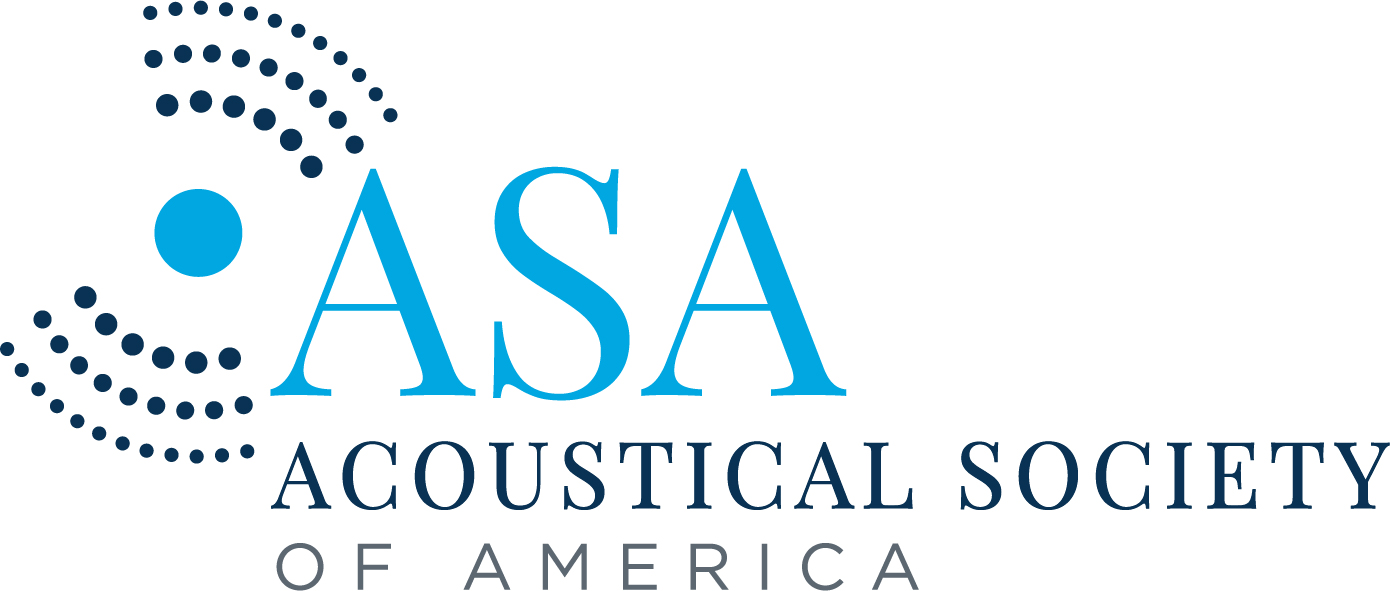2023 Across Acoustics Wrapped
As another year comes to a close, we wanted to take a look back at the Across Acoustics episodes over the year. In 2023, we published 22 episodes, including interviews with researchers about their latest findings, behind-the-scenes looks at our journals and other acoustics resources, award-winning student research, discussions with editors about recent special issues… and more!
Here are the five episodes that were listened to the most this year:
1) A Different Way to Look at Soundscape Data
In our most popular episode of the year, we talk to the host of The Rest is Just Noise, Andrew Mitchell, about how researchers can better analyze soundscape data in a way that is representative of multiple perspectives, rather than considering just one perspective at a time.
2) Headphone Sound Quality: What Do Listeners Prefer?
When smartphones really began to take off in the early 2010s, allowing people to watch and listen to multimedia whenever and wherever they wanted to, headphone technology was still decades behind. Sean Olive of Harman International discusses his research into improving headphone sound quality to better reflect listeners’ preferences.
3) Save the Fishes!: Offshore Wind Farm Noise and Aquatic Life
As offshore wind farms become a more popular, the question of how these sources of sustainable energy impact their surrounding environments. In this episode, we talk to Arthur Popper of University of Maryland and Kate Williams of Biodiversity Research Institute about what scientists should research to better understand the impact of these wind farms on fishes and aquatic invertebrates.
4) Reconsidering Classic Ideas in Speech Communication
We may know the research that has had a big impact on our field… but what happens when that research is misinterpreted or exaggerated, time and again? We spoke with editors of a JASA special issue on reexamining ideas in Speech Communication, Matthew Winn (University of Minnesota), Richard Wright (University of Washington), and Benjamin Tucker (Northern Arizona University).
5) How loud is NASA’s Space Launch System?
We talked to Brigham Young University’s rocket noise expert, Kent Gee, about how loud the Artemis-I mission of the Space Launch System actually was and why it’s so important to consider rocket launch acoustics.
Thank you for listening this year. We’ll be back in 2024 with more great interviews with our authors and editors!
